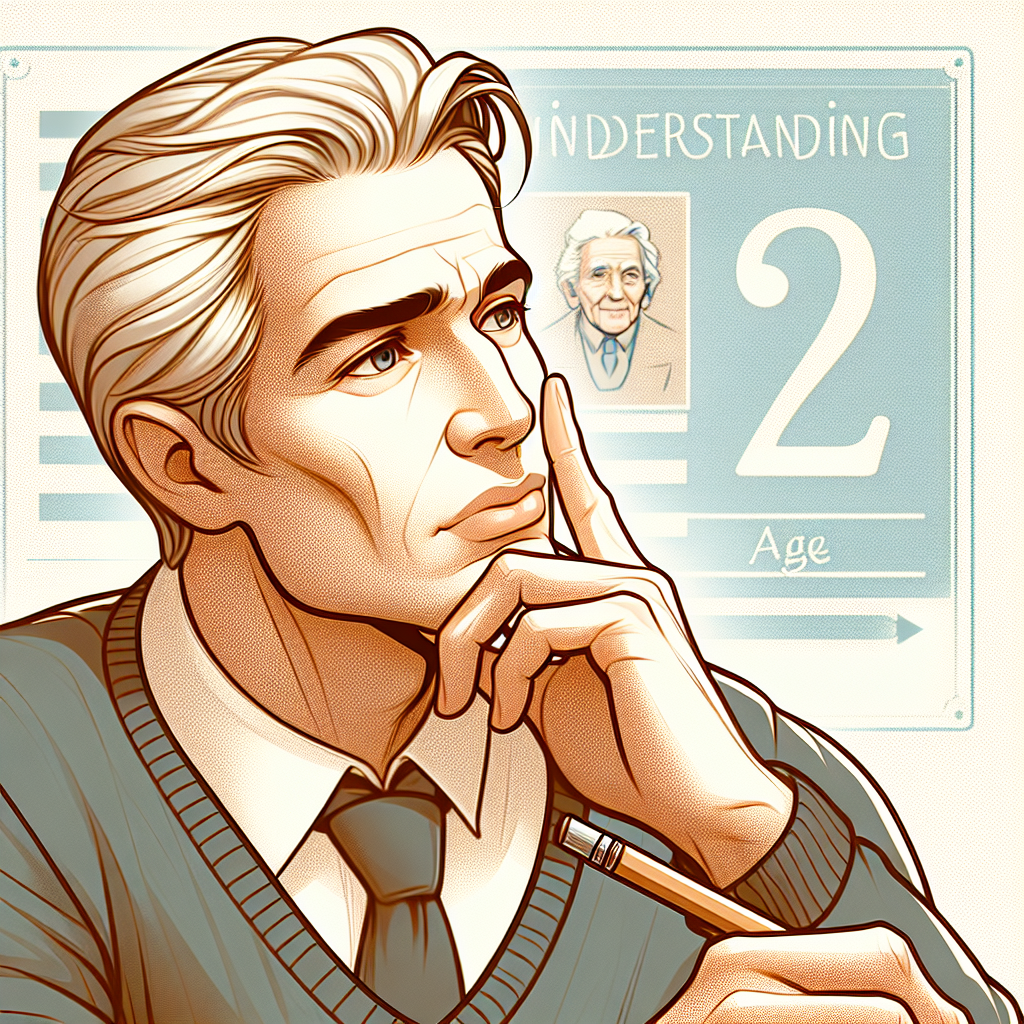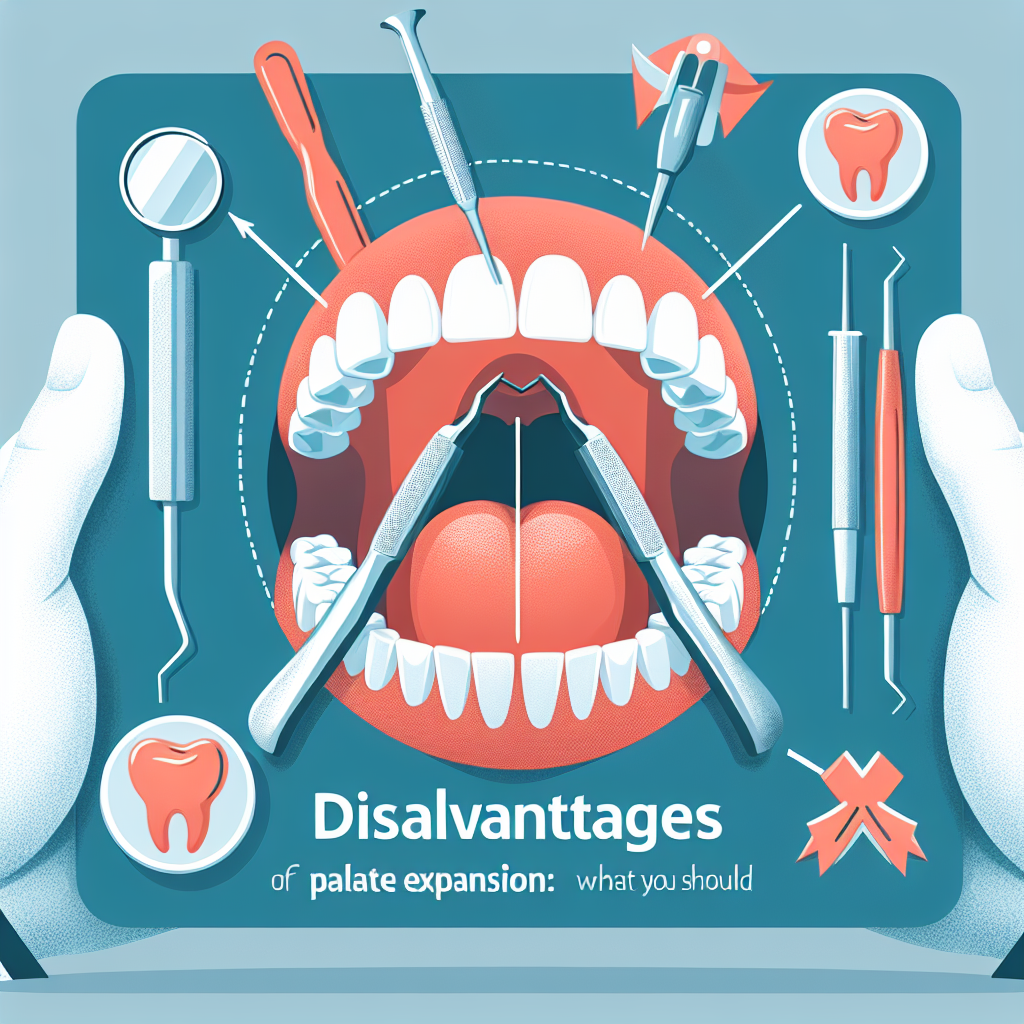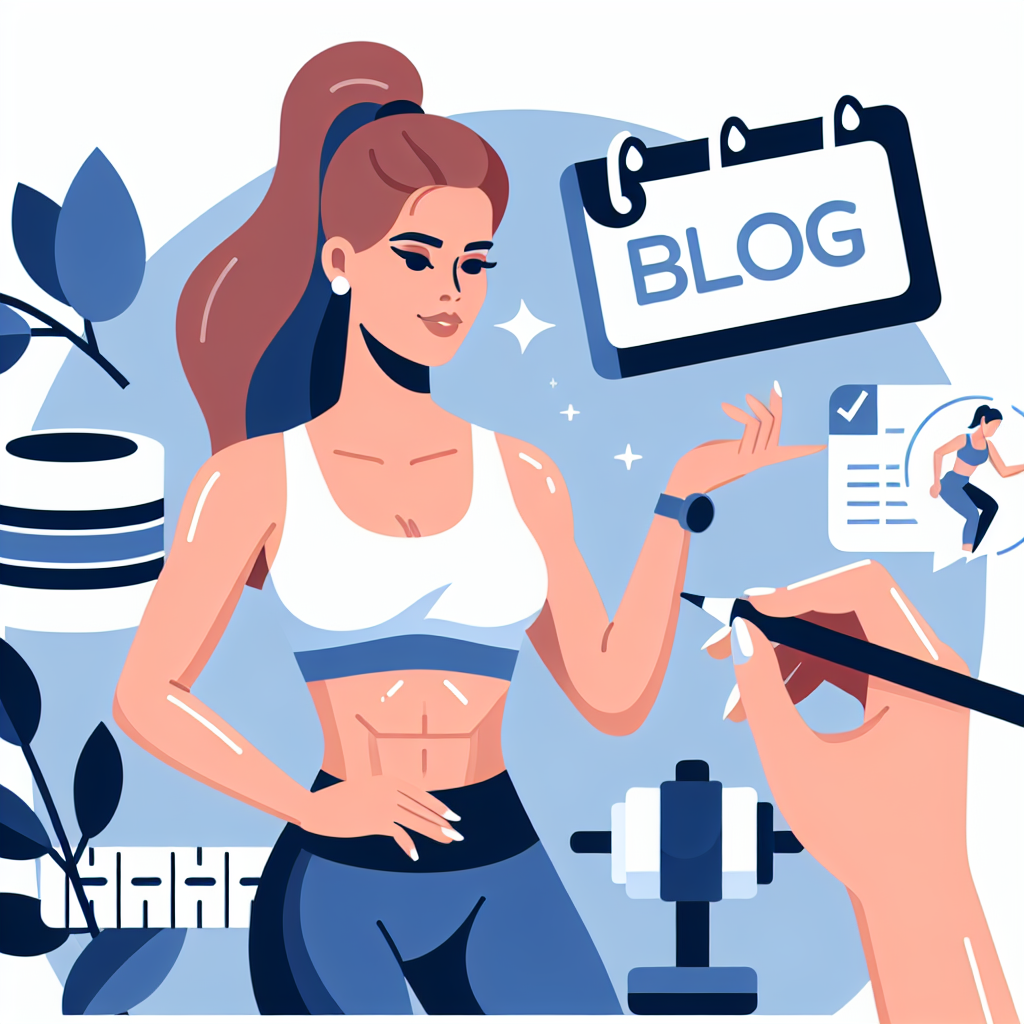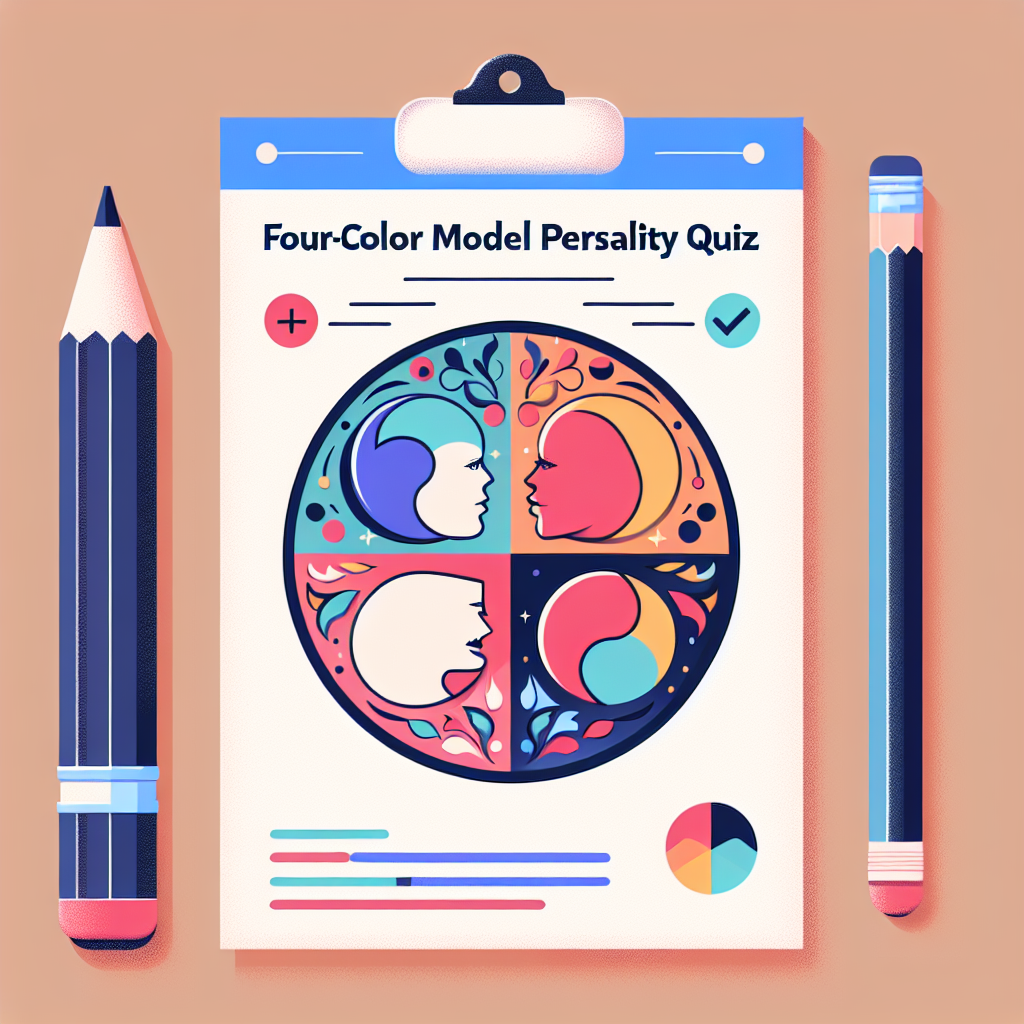What to Do About Low Blood Pressure: Effective Strategies
Discover practical measures to address low blood pressure (hypotension) effectively. Learn how to manage symptoms and improve your overall well-being.

Understanding Low Blood Pressure
Low blood pressure, medically known as hypotension, can lead to symptoms such as dizziness, fainting, and fatigue. While it's typically less serious than high blood pressure, knowing what to do in response to low readings is crucial for maintaining your health. If you find yourself frequently asking, "Was tun bei niedrigen Blutdruck?", this guide provides actionable steps to manage the situation.
Recognizing Symptoms of Low Blood Pressure
Before diving into the remedies, it's important to recognize the signs of low blood pressure. Symptoms often include:
- Dizziness or lightheadedness
- Fainting
- Blurred vision
- Nausea
- Fatigue
If you're experiencing these symptoms regularly, here’s what you can do.
Immediate Actions to Take
When facing low blood pressure, immediate actions can often alleviate symptoms quickly.
- Lie Down: If you feel dizzy or faint, lie down flat on your back. Elevate your legs slightly. This position improves blood flow to the heart and brain.
- Stay Hydrated: Drink plenty of fluids, especially water. Dehydration can lead to lower blood pressure, so keeping hydrated can help raise your levels.
- Eat Small, Frequent Meals: Large meals can divert blood flow to the digestive tract, lowering blood pressure. Smaller, more frequent meals can help stabilize it.
Dietary Adjustments
What you eat can significantly influence your blood pressure levels. Consider incorporating these dietary changes:
- Increase Salt Intake: Sodium can raise blood pressure. Consult your doctor on how much salt is safe for you to add to your diet.
- Choose Nutrient-Rich Foods: Foods high in vitamins B12 and folate (like leafy greens, eggs, and meats) can help manage low blood pressure. Iron-rich foods (such as spinach, red meat, and beans) are also beneficial.
- Boost Your Fluid Intake: Beyond water, consider drinks with electrolytes or even soups, which can help improve blood volume.
Healthy Lifestyle Changes
In addition to dietary adjustments, incorporating certain lifestyle changes can help manage low blood pressure:
- Avoid Sudden Changes in Position: Stand up slowly from sitting or lying down. This can prevent postural hypotension.
- Be Mindful of Alcohol Consumption: Alcohol can lower blood pressure. Limiting intake can prevent hypodermic symptoms.
- Regular Exercise: Moderate exercise, such as walking or swimming, can improve circulation and help regulate blood pressure.
When to Seek Medical Attention
While low blood pressure can often be managed with home remedies and lifestyle changes, certain situations warrant medical assistance. You should consult a healthcare provider if:
- You experience severe dizziness or fainting spells.
- Your symptoms persist or worsen despite making lifestyle changes.
- You experience symptoms in conjunction with other serious symptoms such as chest pain or shortness of breath.
Natural Remedies for Low Blood Pressure
There are several natural remedies that may help manage low blood pressure:
- Herbal Supplements: Ginseng, licorice root, and rosemary are thought to support blood pressure levels. Always consult a medical professional before starting any new supplements.
- Compression Stockings: These can improve circulation and reduce blood pooling in your legs, helping maintain blood pressure levels.
Conclusion
Addressing low blood pressure involves understanding the condition and implementing effective strategies. If you find yourself questioning "Was tun bei niedrigen Blutdruck?", remember that making immediate changes to your environment, diet, and lifestyle can significantly impact your well-being. Don't hesitate to reach out to professionals for tailored advice based on your individual health needs.
Neue Beiträge
Sportbefreiung in der Schule: Alles, was Schüler und Eltern wissen müssen
Rechtliche Grundlagen
Milchzahn ziehen: Wann ist es notwendig und wie wird es durchgeführt?
Häufige Fragen
Wie lange sollte man nach Botox-Behandlungen mit dem Sport warten?
Hautpflege
US-Sport: Ein Einblick in die Welt des amerikanischen Sports
NFL - American Football
Entschuldigung vom Sportunterricht: Rechtliche Grundlagen und Tipps für Eltern
Rechtliche Aspekte

Nachteile der Gaumennahterweiterung: Was Sie wissen sollten
Langzeitfolgen
Sport bei Herpes: So bleiben Sie aktiv trotz Ausbruch
Gesundheit
Sport trotz Eisenmangel: Kann man mit niedriger Eisenreserve noch trainieren?
Gesundheit

DAK-Gesundheit: Bankverbindung für Beitragszahlungen und Rückerstattungen
Rückerstattungen
Schritt-für-Schritt-Anleitung zur Änderung Ihrer DAK-Adresse
Tipps und Tricks
Beliebte Beiträge
Halsschmerzen nach dem Sport: Ursachen, Behandlung und Prävention
Sport und Gesundheit
Blue Sport: Dein ultimativer Guide für Sportstreams und mehr
Live-Übertragungen

Lena Kesting: Größe und Gewicht im Detail
Influencer
Was ist Koolada? Alles, was du wissen musst!
E-Liquids
Prostataverkleinerung durch Sport: Übungen und Tipps für ein gesünderes Wohlbefinden
Fitness
Schütze deinen Hodensack: Der ultimative Guide zum Hodenschutz im Sport
Sicherheit im Sport
Durchbruch bleibender Backenzähne: Symptome und Behandlung
Prävention

Sport bei Mandelentzündung: Was du wissen musst
Einleitung zur Mandelentzündung

Falsche Angaben gegenüber Behörden: Risiken und Folgen
Recht
Der Volkswagen Tiguan Urban Sport: Ein urbaner Abenteurer mit athletischer Note
Technologie